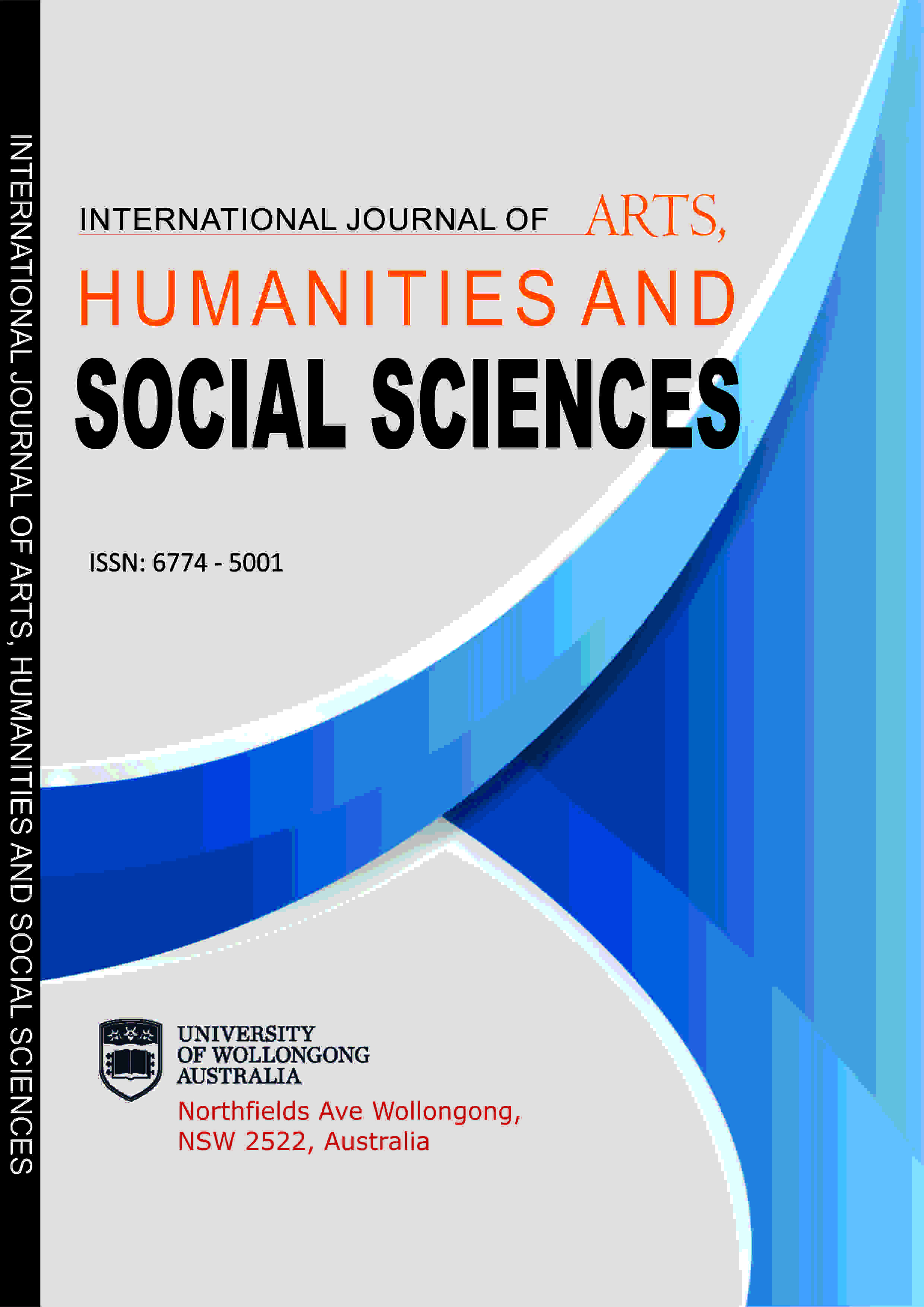INTERNATIONAL JOURNAL OF ARTS, HUMANITIES AND SOCIAL SCIENCES (IJAHSS)
THE IDEA OF FREEDOM THROUGH TIME: A LITERARY STAKEON THE THEME OF FREEDOM IN TELUGU LITERATURE
E-ISSN: 2579-048X
P-ISSN: 6774-5001
DOI: https://iigdpublishers.com/journals/195
The concept of freedom is critical in understanding the political and intellectual movements of various societies. The two Telugu-speaking states of India, i.e., Andhra Pradesh and Telangana underwent such movements critically during the post-Independent Indian context. Prominent Telugu writers such as Srirangam Srinivasa Rao, Rachakonda Viswanatha Sastry, and Pendyala Varavara Rao had extensively produced their literary works on the concept of freedom by contextualizing it in different political and intellectual movements. This paper draws on their idea of freedom, their literary presentation of this theme enveloped in various forms, its implications, and reception by the readers. The paper comments on their reduced view of freedom that addresses issues of only particular sections of the Telugu-speaking society.
M. Jagadish Babu
Chanda, Ipshita. (2004). Literary historiography. DSA Programme, Jadavpur University, Kolkata. i-xi
Jauss, Robert. Hans. (1969). Literary history as a challenge to literary theory. Toward an aesthetic of reception, Theory and History of Literature, Minnesota: University of Minnesota, Minneapolis 2. 03-45.
Kodidala, Sai. Priya. (2020). How Varavara Rao and Telugu revolutionary poetry influenced each other over six decades: A historical overview. Art and Culture, Firstpost, (Accessed on 26th July 2021).
Kodidala, Priya. Sai. (2020). In writer Raavi Sastry’s portrayal of Prohibition-era Andhra Pradesh, an enduring critique of an anti-poor state. Firstpost, (Accessed on 02nd August 2021).
Marx, Karl (1845). The illusion of the epoch. The German Ideology. Retrieved 5 March 2019.
